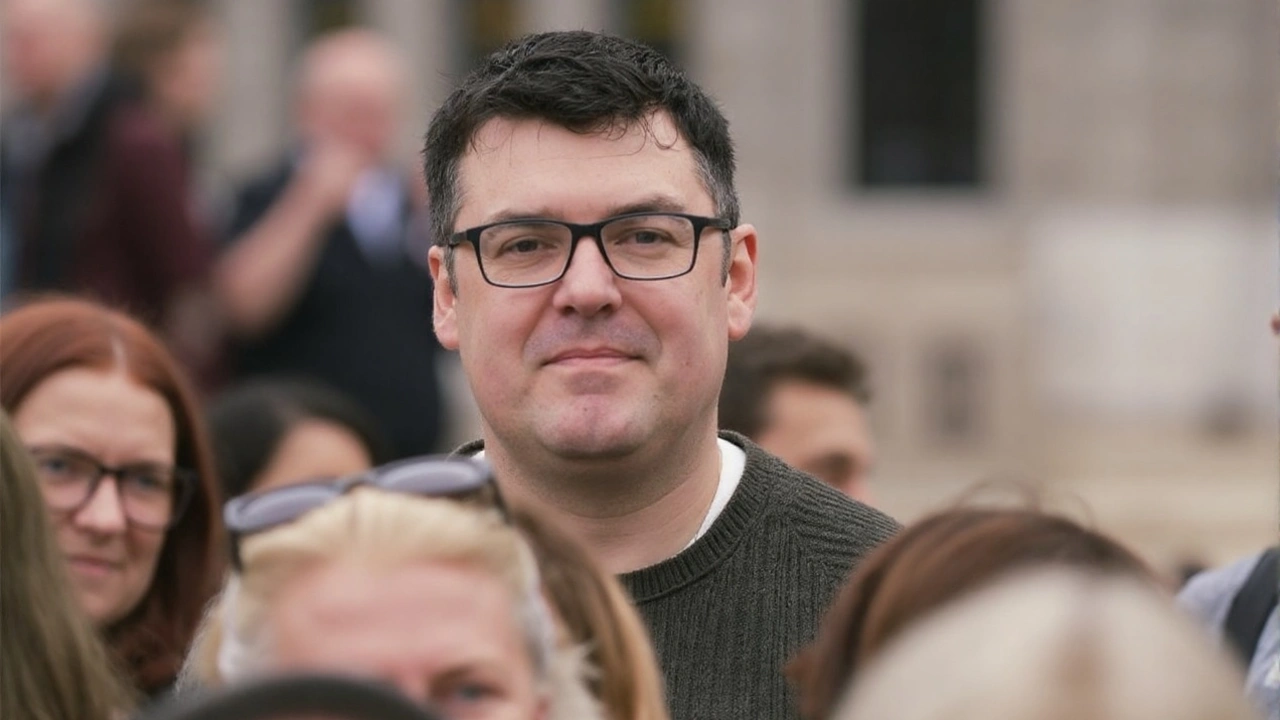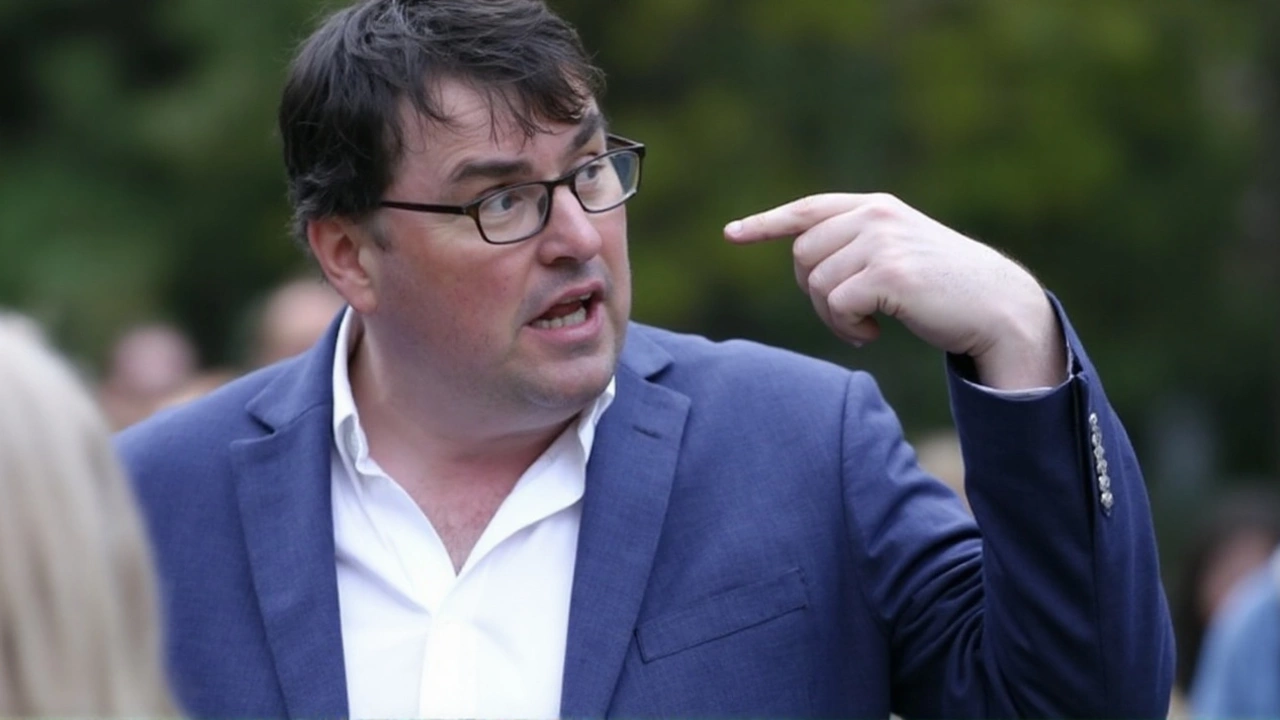What happened at Heathrow
Graham Linehan arrest became the latest flashpoint in Britain’s free speech debate after the Father Ted and The IT Crowd co-creator was detained at Heathrow Airport on Monday, 1 September 2025. The 57-year-old writer was stopped by five armed Metropolitan Police officers from the force’s Aviation Unit just after 1pm, moments after he stepped off an American Airlines flight from Arizona.
Police arrested him on suspicion of inciting violence in connection with posts he made on X (formerly Twitter) in April 2025. According to details shared with this newsroom, officers believe the posts were intended to stir up hatred and violence, including a claim that transgender women are criminals who should be denounced. Linehan has long argued online that trans women are men and has frequently misgendered trans women in posts, drawing repeated complaints and platform scrutiny.
As officers moved in, Linehan recorded audio on his phone. In it, he can be heard protesting, saying, “I am a f------ comedy writer. I wrote Father Ted. Are you an idiot?” and “don’t cuff me for standing up for women’s rights.” He was taken into custody for questioning. During processing, a nurse monitoring him found his blood pressure had surged into what was described as “stroke territory.” He was transferred to A&E for observation and then returned to custody. Later, he was released on bail pending further investigation.
There is one key bail condition: he cannot post on X while inquiries continue. Bail conditions like this are not unusual in cases where police fear further alleged offenses could occur online. Investigators will now review the April posts, interview witnesses if needed, and take the file to prosecutors. A charging decision could follow, or the case could be dropped if the threshold is not met.
Linehan’s arrest lands as he faces a separate legal case. He is due at Westminster Magistrates’ Court on Thursday to answer charges that he harassed a transgender woman and damaged her phone—allegations he denies. The two matters are distinct but will inevitably be seen together by the public, adding fuel to a culture war that shows no sign of cooling.

The political fight over speech, policing and the law
The Heathrow arrest triggered fast and loud political reactions. Conservative MPs accused the police of overreach. Claire Coutinho said, “Britain used to be known for its sense of humor. Now the police are arresting people for making jokes.” From the government benches, Health Secretary Wes Streeting took a different tack, saying he couldn’t comment on an operational decision but questioned priorities: he wanted “police on the streets rather than policing tweets.” He also noted that officers enforce laws passed by Parliament and hinted that if the balance is off, ministers should fix it.
The legal line is not always clear-cut. UK public order and communications laws make it a crime to incite violence and, in certain cases, to stir up hatred. The courts weigh the words used, the wider context, and whether posts are likely to lead to violence or serious disorder. That test is higher than simply being offensive or provocative. Over the past few years, judges have also pushed back on excessive policing of “non-crime hate incidents,” pressing forces to avoid chilling lawful speech. The tension is real: protect people from targeted hostility and threats, but don’t criminalize edgy or even harsh opinion.
Airports are a common place for arrests when police want to act quickly and quietly—passenger lists and fixed arrival times make planning simple. In this case, officers were waiting at the gate. The armed presence will raise eyebrows, but Heathrow’s specialist teams often carry firearms as part of routine airport security; it does not necessarily imply an expectation of violence from the suspect.
Linehan is one of Britain’s best-known sitcom writers, co-creating Father Ted with Arthur Mathews and later The IT Crowd and Black Books. His public profile has made his views—and the backlash to them—more visible. Supporters argue he is saying out loud what many think about sex and gender, and that satire and blunt speech must be protected. Critics say his posts cross the line from opinion into dehumanization, feeding real-world harassment against trans people.
What happens next? Detectives will examine the April posts, any replies and quote-tweets, and any reports sent to the force. They will look for intent, likely impact, and whether the wording meets statutory thresholds. If prosecutors believe the case has a realistic prospect of conviction and is in the public interest, they will charge. If not, bail will lapse and the matter will end there.
Until then, the political argument will keep rolling. Free speech champions will ask why police devote resources to online speech when burglary clear-up rates are low. Those worried about rising hostility toward LGBTQ+ people will counter that “just words” can escalate, and that online mobs do not stay online. Parliament sits in the middle, owning the statutes that set the rules, and facing renewed pressure—from both sides—to say exactly where the line should be drawn.
